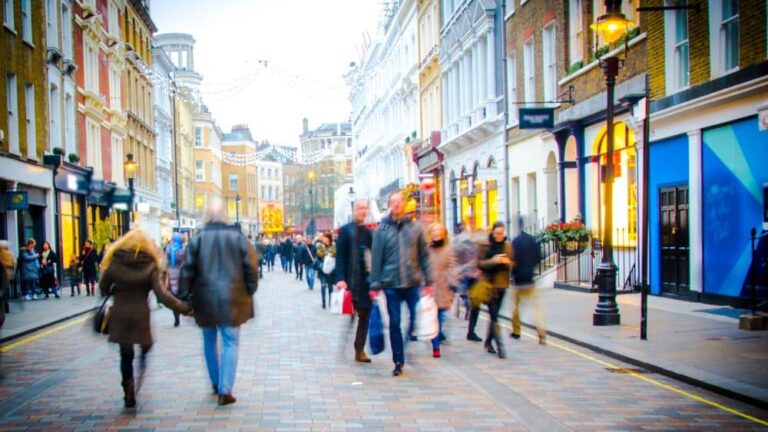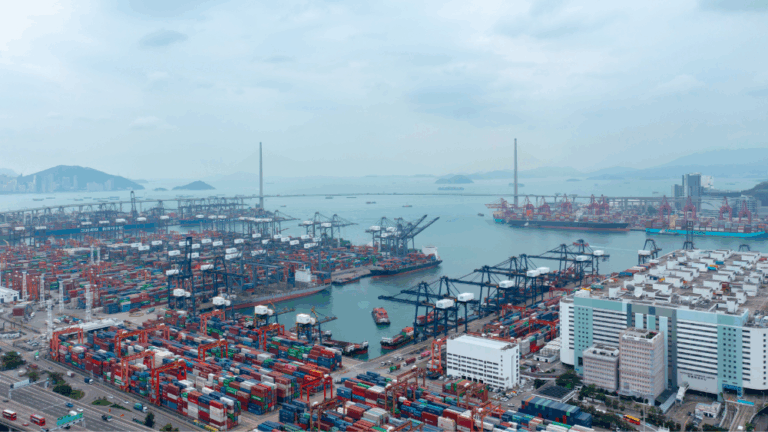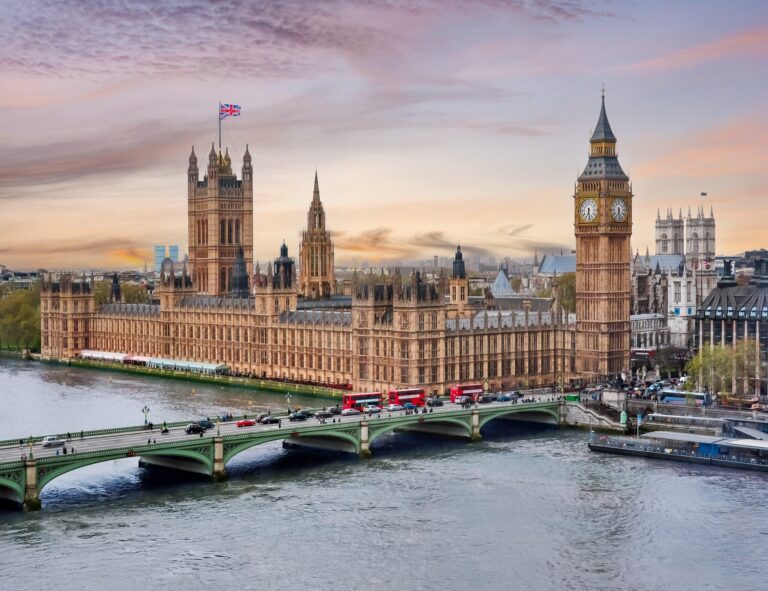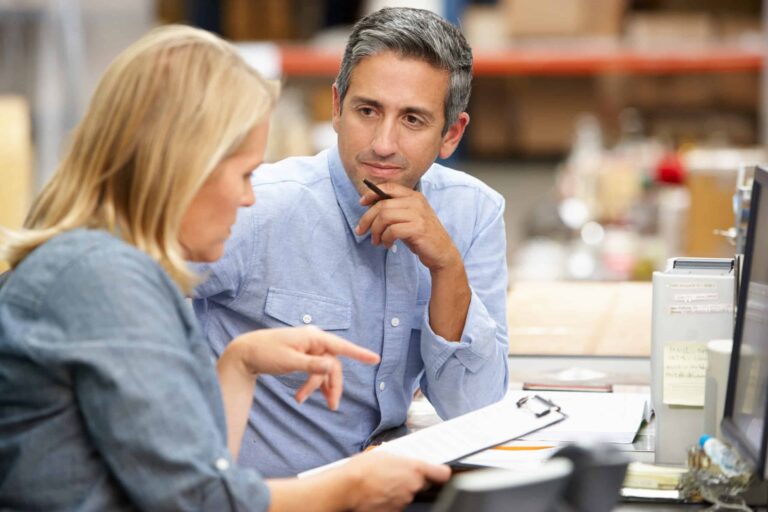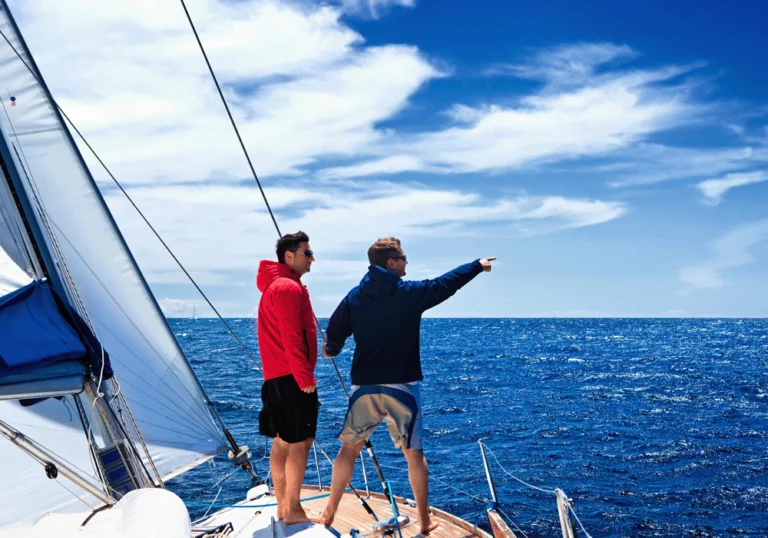
The Common User Charge
New costs for imports of plants, plant products and products of animal origin (including food)
If you import plants, plant products or products of animal origin (POAO) into the UK, significant new charges may apply to your goods from 30 April 2024.
Why is there a new fee for these imports?
The fee is being introduced to pay for the operating costs of running government border control facilities. Post-Brexit changes require additional controls and inspections, in line with the government’s Border Target Operating Model (BTOM).
Does the common user charge affect my business?
The new ‘common user charge’ applies to a consignment when the following apply:
- The import or movement is commercial
- The goods are potentially subject to sanitary or phytosanitary (SPS) checks at a government-run border control post in England e.g. POAO, plants and plant products
- The goods are being moved via the port of Dover or the Eurotunnel
- The goods are being imported into Great Britain or entering / leaving Great Britain under transit suspension (some freight agents will do this without you knowing)
This will have a major impact on the food and drink, manufacturing and agricultural sectors. For example: a deli importing cheese, a garden centre importing seeds or a manufacturer importing timber may all be subject to these additional charges if the consignments arrive via Dover or the Eurotunnel.
Most road freight imports of food and drink from EU suppliers will fall under this definition.
What if I import via a different port?
If you do not use the port of Dover or the Eurotunnel, the common user charge will not apply.
However, from 30 April 2024, changes mean that many SPS goods must travel through an official border control post (BCP). Commercial ports will separately determine charges or rates to recover operating costs for their own BCP facilities so you will not be able to avoid these charges.
How much is the common user charge?
The charge applies regardless of whether the goods are selected for further inspection, not just the unlucky ones.
The total charge will be formulated from the Common Health Entry Document (CHED) which is a document required to be completed when importing these types of products. Each individual commodity that appears on the CHED will generate a charge up to a maximum of 5 commodities.
| Commodity Type | Imports | Transits |
| Live animals | TBC | TBC |
| Low-risk products of animal origin (POAO) | £10 | £10 |
| Medium-risk POAO | £29 | £10 |
| High-risk POAO | £29 | £10 |
| Low-risk plants and plant products | No common user charge | No common user charge |
| Medium-risk plants and plant products | £29 | No common user charge |
| High-risk plants and plant products | £29 | No common user charge |
As the maximum charge for one CHED is capped at 5 commodity lines, this means the maximum charge for one consignment will be £145.
The rates will be reviewed and revised on an annual basis. No VAT will be added.
The rates for imports of live animals are yet to be finalised and will be published separately by the Department for the Environment, Food and Rural Affairs (DEFRA).
If your business is involved in the low value import of SPS goods (e.g. a business imports a hamper containing 5+ medium risk food products from the EU), you may find these additional charges render the purchase unviable.
Does the common user charge cover inspection fees?
No. Inspection fees are a separate charge that will be administered by Animal and Plant Health Agency (APHA), Port Health Authorities (PHAs) and local authorities.
How do I find the risk status?
There are three new risk categories – low, medium and high – which were introduced to govern the import of animals, products of animal origin, plants and plant products on 31 January 2024.
Animals and products of animal origin: https://www.gov.uk/government/publications/risk-categories-for-animal-and-animal-product-imports-to-great-britain
Plants (EU, Liechtenstein and Switzerland): https://planthealthportal.defra.gov.uk/trade/imports/target-operating-model-tom/tom-risk-categorisations
Who is liable and how do I pay the common user charge?
The charge will be due by the importer. In certain circumstances, a UK-based customs agent acting under delegated authority may be able to pay on behalf of the importer. In these circumstances, it is expected the charge would be disbursed as an additional cost.
DEFRA will issue an invoice addressed to the importer. The first invoice is expected no earlier than 12 weeks after implementation (w/c 23 July 2024). Thereafter, the invoices will be issued monthly in arrears.
Penalties
Charges for late payment will be due. The details of the penalty regime are yet to be finalised at the time of writing.
If you would like assistance with understanding how this charge may affect your business or to understand your border control obligations, please do not hesitate to contact the PKF Francis Clark Customs team, who will be happy to assist: [email protected]
Useful definitions
POAO: Products of Animal Origin. This includes certain live animals for direct human consumption, foodstuffs, by-products and goods that may have come into contact with animals.
SPS Goods: Sanitary and Phytosanitary Goods. This term covers any item that is subject to Sanitary or Phytosanitary controls. This includes Plants, Plant Products, Animals and Products of Animal Origin – including food.
IPAFFS: Import of products, animals, food and feed system. This is the system used to pre-notify a movement of SPS goods. It is run by the Animal and Plant Health Agency (APHA) and the Department for Environment, Food & Rural Affairs (DEFRA).
CHED: Common Health Entry Document. A document generated after a successful pre-notification on IPAFFS. It contains information about the import for control purposes.
BCP: Border Control Post. A location run by the UK government at which physical checks can be performed on SPS goods.[/vc_column_text][/vc_column][/vc_row]
Written by

